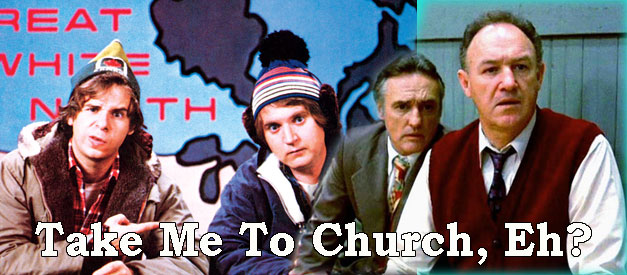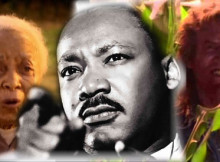
When I first heard Hozier’s “Take Me To Church” I thought: “Why didn’t you release this instead of ‘Can You Feel the Love Tonight?’, 90s Elton John?”
And then I was confused about the name. Hoser? Basketball team? Canadian basketball team?
But all that doubt fell away at the Grammys when I watched how gracefully the Irish singer allowed Annie Lennox to upstage him utterly. What else could he do in the face of such a masterful air harmonica performance?
The pairing of a millennial star with an icon who came to prominence in the 80s performing a song from the 60s made me think how powerful nostalgia is (“Nostalgia” happens to be the title of Lennox’s new cover album) and its place as a graceful anchor in our lives, enriching the present.
Years ago I took a Literature of the Beat Movement class with Jack Kerouac biographer Charles Jarvis. His “Visions of Kerouac: The Life of Jack Kerouac” is the only biography written by a Kerouac contemporary from Lowell, MA. It gets at the early-generation immigrant experience (starting in the 1820s, arrivals to Lowell came in the following waves: Irish, French-Canadian, Greek; later Caribbean and Southeast Asian) and is especially helpful in pinning Kerouac to his hometown, among what the “On the Road” author called “a vast collection of Christians.”
You never get your childhood out of you. That doesn’t mean it’s unresolved. While the adult in me is a godless sybarite, I still think of Jarvis’s quote about reconciling the mystery of your past with the knowledge of your present: “I still pray to my childhood saints,” he said.
Or at least I think he said it. I can find no record of him saying this except on my own website. Maybe I needed that quote to exist so much that I thought it would sound better coming from someone else (this is also why the Bible was invented).
It’s like this dialogue from “Harold And Maude” (click the little Play button to hear it):
Maude: The earth is my body; my head is in the stars.
[pauses]
Maude: Who said that, Harold?
Harold: I don’t know.
Maude: Well, I suppose I did, then.
I’m always grateful for a rich, comprehensive, and weird frame of reference. I’m convinced that nothing is a non sequitur if you drill down deep enough.
My children and I are watching Stephen King’s “The Stand” miniseries because we enjoy stories about most of the population being erased. Later this week we’re going to see “Selma” and, on the way to the car this morning, my son asked the following question:
“Do you think Martin Luther King, Jr. had a dream about the Dark Man or the Old Woman?”
It’s true that he lives in a country where civil rights are still not a given, and he is conscious of inequality, but if I can teach my children about Watergate by using the example of Deflategate, I’m confident that his attempt to connect things to other things however he can is a plus.
“I’m sure he would have dreamed about Mother Abigail,” I said.
“He was a good guy,” he said.




